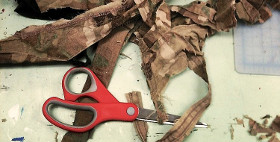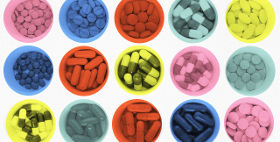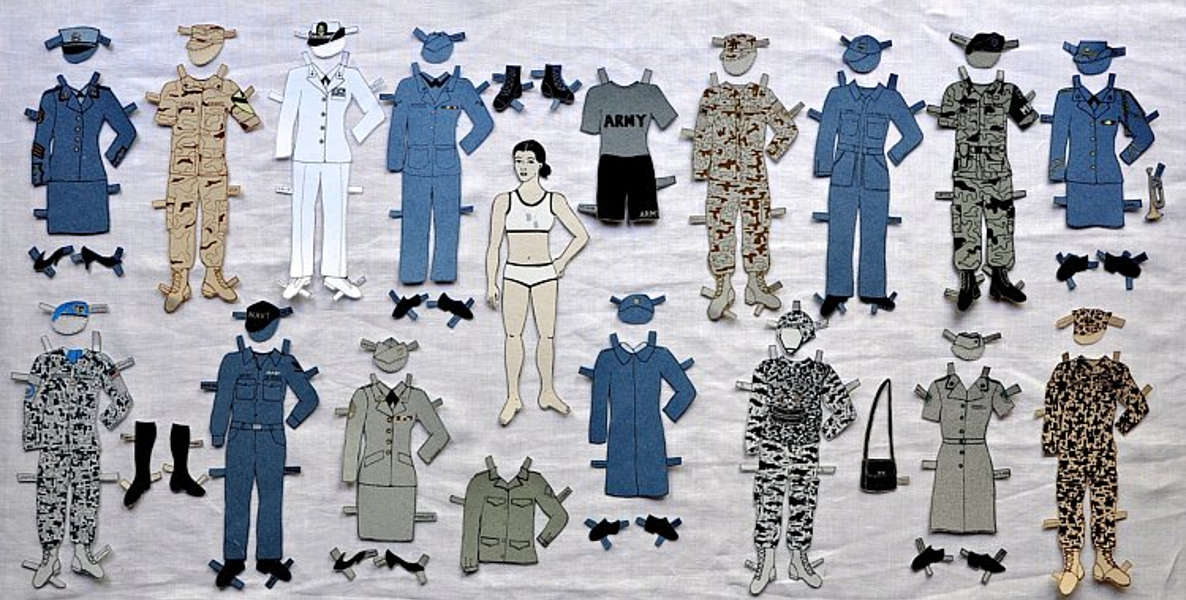Here at The Citizen, we do problem-solving journalism, looking for ideas and solutions to move the region forward and make a better city. Here are some other great ideas for solving the world’s problems, from media outlets around the globe:

Military suicide rates are disturbingly high: Last year alone, 266 active duty servicemembers took their own lives. That’s why Iraq War veteran Drew Cameron is using art as therapy to help soldiers transition back to civilian life. But not just any old art; he’s having female soldiers cut up and destroy their old uniforms, beating them into a literal pulp to make paper out of them, then making art from that paper. The hope is that, while they’re destroying their old uniforms, they’re also destroying emotional baggage that can weight them down for the rest of their lives. (via GOOD)

The UAE needs more rain—desperately. The tiny, obscenely-wealthy nation already uses absurd amounts of water (145 gallons per day per person), which is even more ludicrous when you remember that the UAE is in the middle of a desert. But they have a plan, and it’s as outsized as anything they’ve ever done: Build a mountain. The hope is that adding a mountain will create the necessary geographical conditions to increase rainfall. They’re still in the research phase of the project, but would anyone rule out building a mountain for a nation that’s already built lakes and archipelagos? (via CityLab)

When it comes to health, the greatest injustice worldwide might be the cost of lifesaving drugs. People who live in developed countries like ours are more likely to be able to afford pharmaceuticals than people in developing countries. Big Pharma has received enormous amounts of scrutiny, pressure, and criticism over their general unwillingness to address the issue. But GlaksoSmithKline—whose U.S. headquarters are in Philadelphia’s Navy Yard—is doing something about it. They’re going to stop filing patents in about 50 countries, which will pave the way for generic drugs to come on the market at lower cost. In another 35 countries, they will maintain their patents but license the drug to generic manufacturers at reduced cost. (via FastCo.Exist)
Photo header: GOOD



